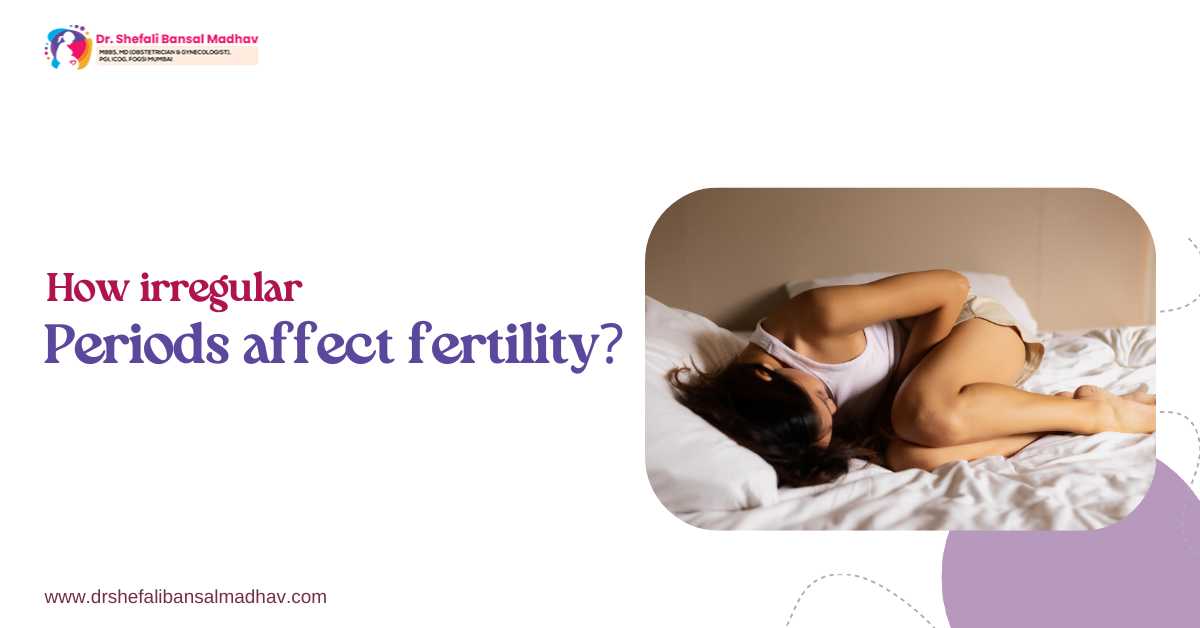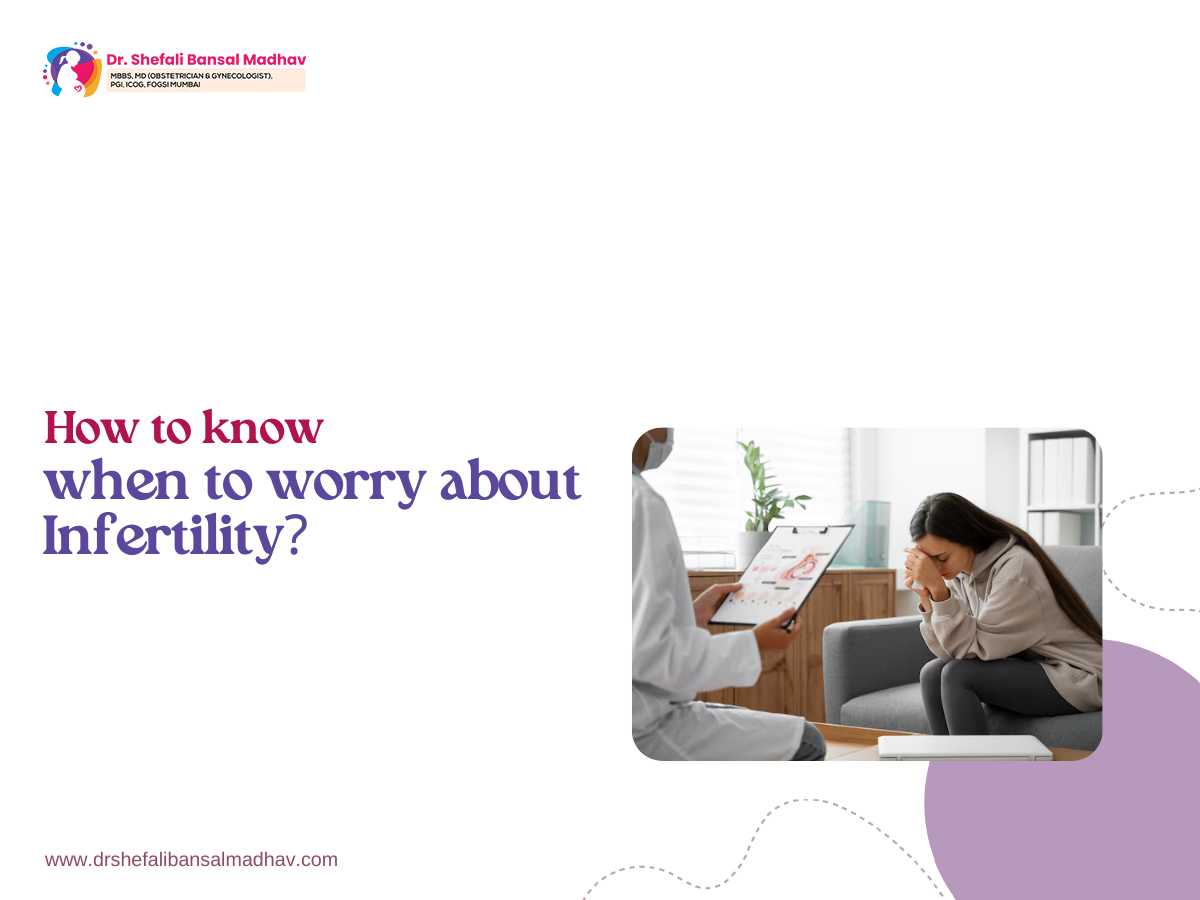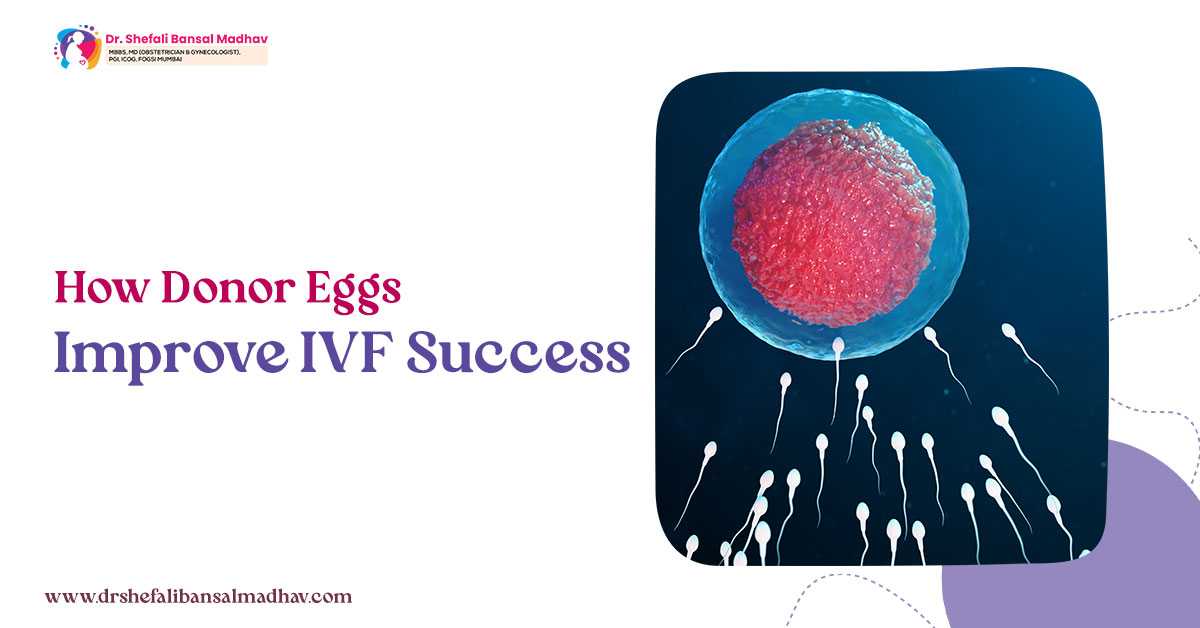Uterine polyps or endometrium polyps are abnormal growths in the lining of the uterus, known as endometrium, as stroma, glands, et al. In most cases, these polyps are noncancerous/benign but can turn into precancerous. Complications of undiagnosed or untreated uterine polyps can be infertility and menstrual issues.
Estrogen is responsible for endometrium thickening during menstruation each month. Therefore, the more estrogen in your body, the higher risk of endometrial growth. Definitely, increased estrogen levels are a risk factor for endometrial polyps.
You might have more than one/several polyps in the endometrium, and their size may be a size of a sesame seed or a golf ball. Uterine polyps can be asymptomatic. Therefore, you may not undergo a diagnosis. These growths are more common in the age of 40s and 50s, especially when you’re heading to menopause. You can get endometrial polys after menopause.
Are You At Risk of Endometrial Polyps?
Contributing factors for endometrial polyps:
- Obesity
- Post menopause, perimenopause
- High blood pressure
- Hormone replacement therapy
- Lynch syndrome
If you think you have any risk of developing uterine polyps, talk to your gyne doctor. You can also talk to your gynecologist about uterine polyps even if you don’t have risk factors.
Signs and Symptoms of Endometrial Polyps
- Unusual vaginal bleeding
- Irregular/missing menstrual periods
- Heavy vaginal bleeding during periods
- Bleeding or spotting between periods
- Infertility/trouble conceiving
- Bleeding after sexual intercourse
- Vaginal bleeding after menopause
Large uterine polyps may result in dull lower back pain. See your gynecologist if you notice such signs. Undergoing such signs doesn’t suggest uterine polyps for sure, you need a clinical diagnosis under medical supervision. Tests and diagnostic procedures ordered by your help detect the underlying cause.
Clinical diagnosis may include a physical exam, pelvic exam, Pap smear, hysteroscopy, transvaginal ultrasound, endometrial biopsy, et al. Much remains unknown about what exactly leads to endometrial polys. Therefore, there’s no definitive way to prevent such growth.
However, there are ways to keep your hormonal level and body weight in check, such as eating fiber-rich foods, wholesome foods, refraining from alcohol consumption, tobacco smoking, and substance dependence, and practicing yoga/workouts, which can contribute to hormonal disturbances or unhealthy weight gain.
Make sure to avoid highly refined foods, processed foods, fast foods, canned or packaged foods, alcoholic beverages, soda, or carbonated drinks if you have been diagnosed with endometrial polyps.
Treatment options present are medications and surgery/hysteroscopy based on what suits one’s condition. Hysteroscopy helps the specialist examine the inside of the uterus and remove the polys if required. Your gynecologist might recommend a hysterectomy (the removal of the uterus) if cancer is suspected.
For more queries you can always consult with the best Fertility Specialist in Siliguri.
Comments (0)







